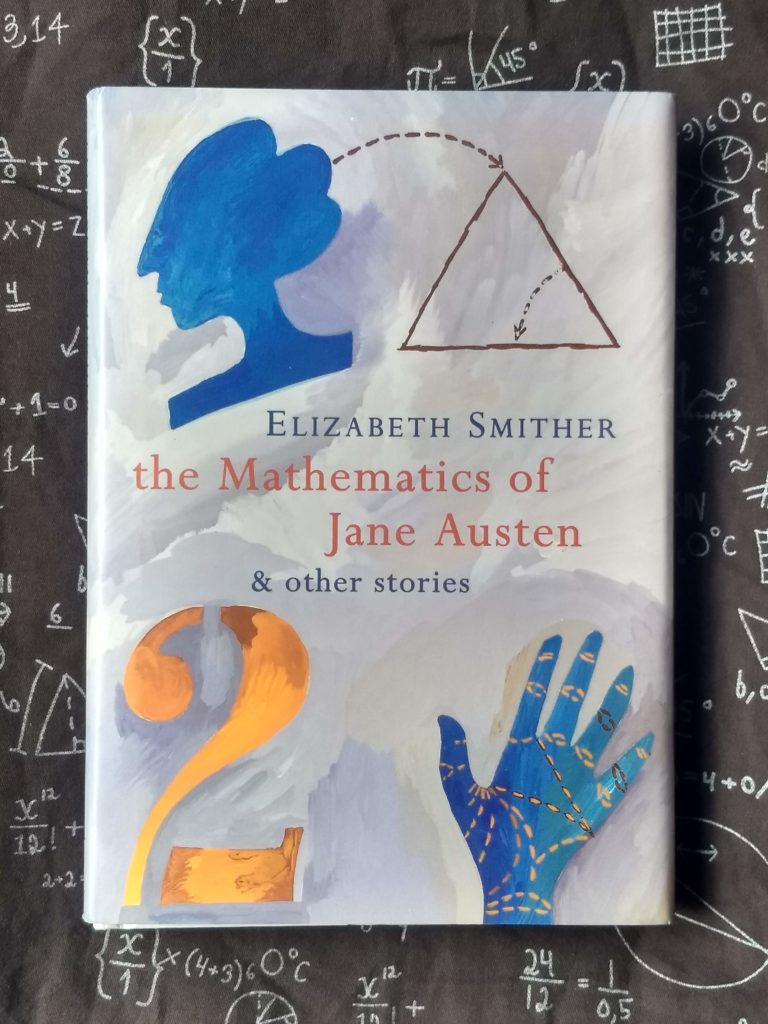
It was probably the title that enticed me to buy this collection of understated short stories. The title story is about a woman trying to write a thesis on the use of mathematical concepts in the writings of Jane Austen. It’s clever, amusing and likeable. I enjoyed reading the stories, which made a relaxing contrast to the harrowing writing of Lucia Berlin or Miranda July.
But after I bought it, I didn’t even read this book for a long time. It vanished into my “to read” pile, where so many excellent books go to die. Months later, I picked up a volume 12 of the Phantom Billstickers Cafe Reader — this is a free periodical print magazine full of very high-quality writing: I always grab it when I see it. In this issue was “Toothpaste”, a short story that I initially found so confusing that I thought maybe there had been a printing error, omitting some crucial paragraph. But I re-read the story, figured out its apparently shifting viewpoint, and ended up really enjoying its description of a slightly dysfunctional family dynamic. “Toothpaste” was written by — go on, see if you can guess — you’re wrong! (Unless you guessed “Elizabeth Smither”.)
After that, I dug out my copy of The Mathematics of Jane Austen and the rest is history. Later I found another short story of hers when rereading The Best of NZ Fiction, volume 2 — “Confrontation” is a very satisfying demonstration that revenge is a dish best served cold, and opportunistic revenge is the best of all.
I’m pretty sure I have a book of NZ short stories edited by Elizabeth Smither too. She pops up everywhere — she’s clearly had a busy writing career.